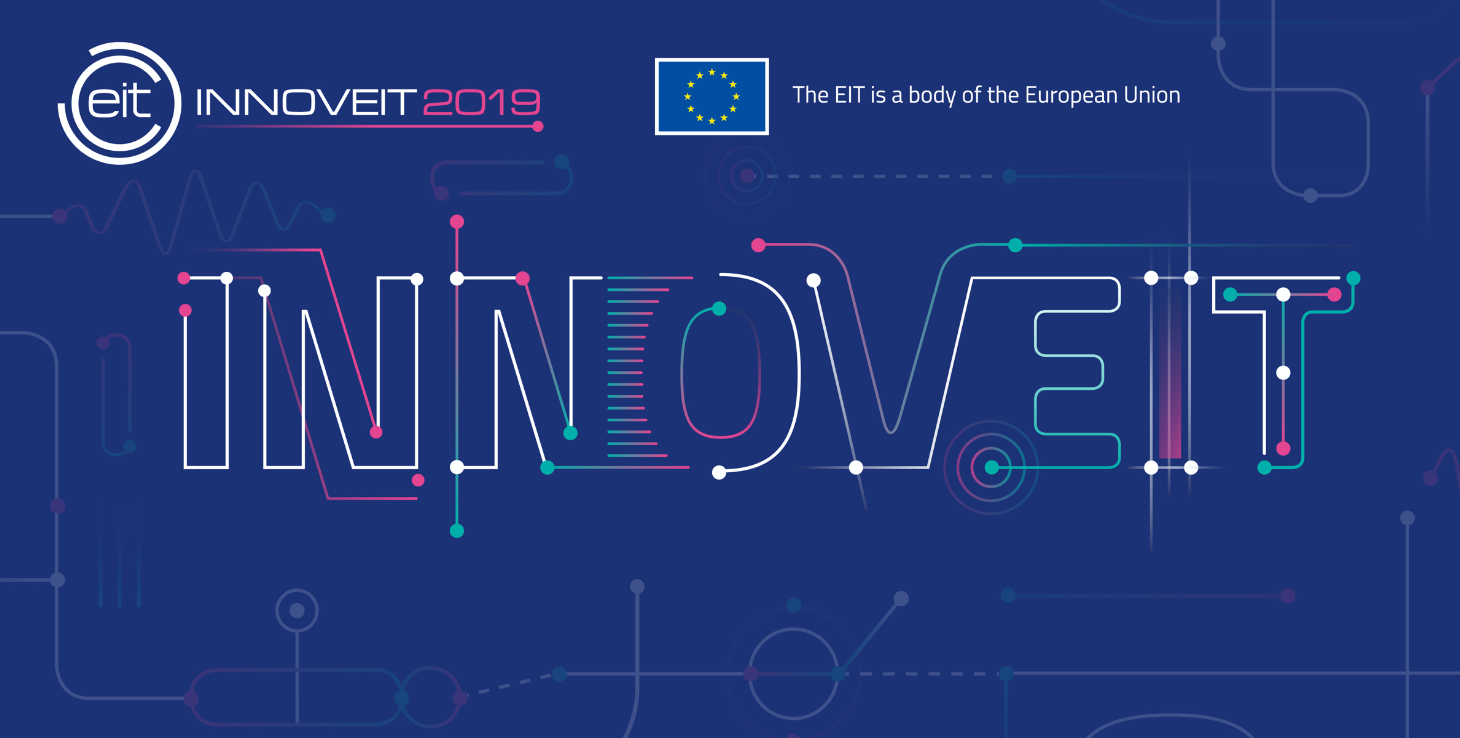EIT turns up the volume on Creative & Cultural Industries

Powering of European creative & cultural industries revealed at INNOVEIT, the annual forum of Europe’s innovation Institute. Innovators join entrepreneurs, investors and political leaders to tackle societal challenges and create jobs in Europe.
Download this news item as a press release
Plans to launch Europe’s new creative and cultural industries’ Knowledge and Innovation Community will be presented today, 15 October 2019, in Budapest at INNOVEIT. This is part of the European Commission’s plans for the EIT’s 2021-2027 strategy that includes a 25 per cent budget increase to EUR 3 billion.
By giving new opportunities to the 12.5 million Europeans employed in the EU’s creative and cultural sector - that is 7.5 per cent of all employment in the EU economy - the EIT’s new Knowledge and Innovation Community will be of strategic importance to powering innovation in the creative and cultural sectors.
Almost 400 participants from the innovation, business, research and education sectors as well as policy makers will gather in Budapest today for INNOVEIT. They will discuss the EIT’s key role in driving innovation across Europe and celebrate the EIT Awards, showcasing some of Europe’s top innovations. The high-level conference takes place with the participation of Tibor Navracsics, European Commissioner for Education, Culture, Youth and Sport; László Palkovics, Hungarian Minister for Innovation and Technology; Sanja Damjanović, Montenegrin Minister of Science, and leading entrepreneurs, cutting-edge innovators and policymakers, including keynote speaker Michela Magas. Follow the event through the livestream: innoveit.eu.
Education and creativity are vital in building a resilient, competitive and cohesive Europe for the future. I am proud of how the EIT helps us promote both supporting talented innovators and nurturing entrepreneurial mind-sets. I am convinced that this focus on people, their aspirations and ideas can also help us make a success of the new Knowledge and Innovation Community on the cultural and creative sectors that we have proposed.
Tibor Navracsics, European Commissioner for Education, Culture, Youth and Sport responsible for the EIT
The EIT will transform the best ideas into new products, services and jobs in the creative and cultural industries. With the EIT Community’s unique network and track record in business creation and acceleration, our ventures have raised EUR 1.5 billion in external investment. Recently our first ‘unicorn’ venture emerged: Northvolt who aims to produce the world’s greenest batteries. This highlights the EIT’s huge potential to power European creative & cultural industries.
Dirk Jan van den Berg, Chair of the EIT Governing Board
I’m delighted to speak at INNOVEIT at this critical time for this sector. Europe has rightly placed Creative and Cultural Industries as a driving force of innovation and there are now excellent opportunities for creative innovators to work with the EIT to tackle grand societal challenges, contribute to upskilling and create new jobs. EIT partnerships are an important vehicle for combining competences from the CCI with novel data-driven technologies coming out of industry sectors for a win-win situation. I’m thrilled about the opportunities a new EIT Knowledge and Innovation Community will bring to the CCI and cement its importance at the centre of all innovation.
Keynote speaker Michela Magas, Founder and Creative Director of Music Tech Fest and Chair of the Industry Commons Foundation
Total turnover of the performing arts sector in Europe (including live music) is worth more than EUR 32 billion. The performing arts sector is the largest employer among the creative and cultural sector in Europe, employing 1.25 million people. Over three quarters of employees are creators and/or performers.
Video games, child’s play? Nothing could be farther from the truth! I’ve worked on some of the world’s best-known video games and I can tell you that phenomenally creative teams are needed to design, finance and market successful video games. Real technical and skilled talent is needed at many levels. The video game industry is a cross-sectoral success story; so, I’m delighted to see the EIT planning to deploy its unique innovation model in creative and cultural industries. Europe needs this focused global support.
Video game entrepreneur Yoan Fanise, Co-founder, DigixArt, Videogames
The audio-visual and multimedia sector has seen tremendous growth in Europe. Activities related to the publishing of computer games saw compound average growth of more than 25 per cent in terms of total gross value added over the period 2008-2016. The creative and cultural sector’s economic weight is comparable to that of ICT and the accommodation and food services sectors yielding more than 4 per cent of EU GDP.

 Share this page
Share this page


